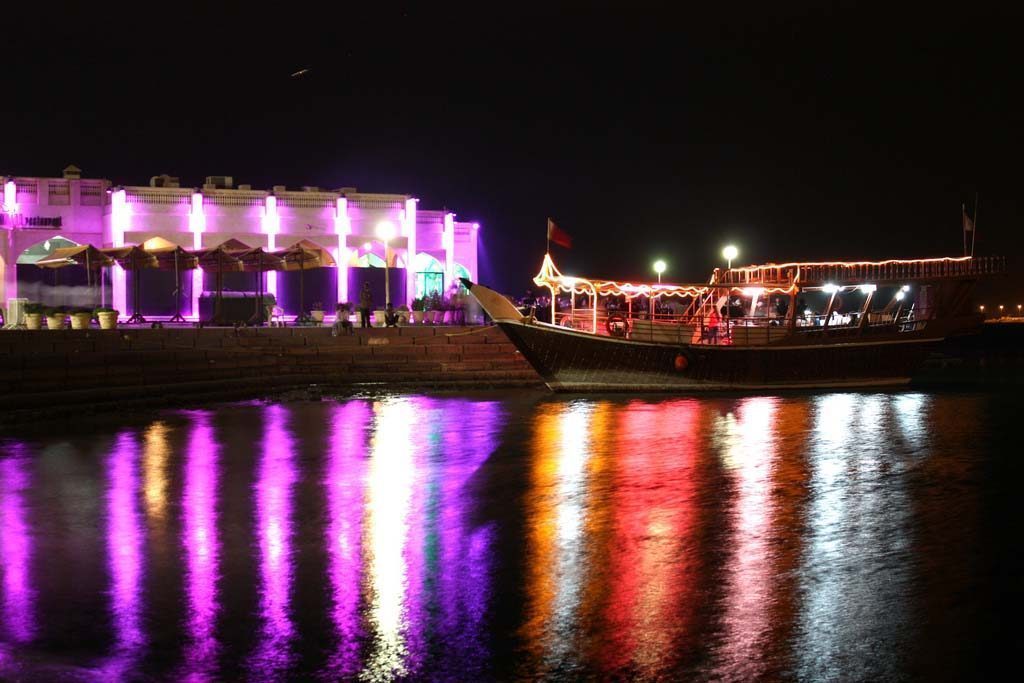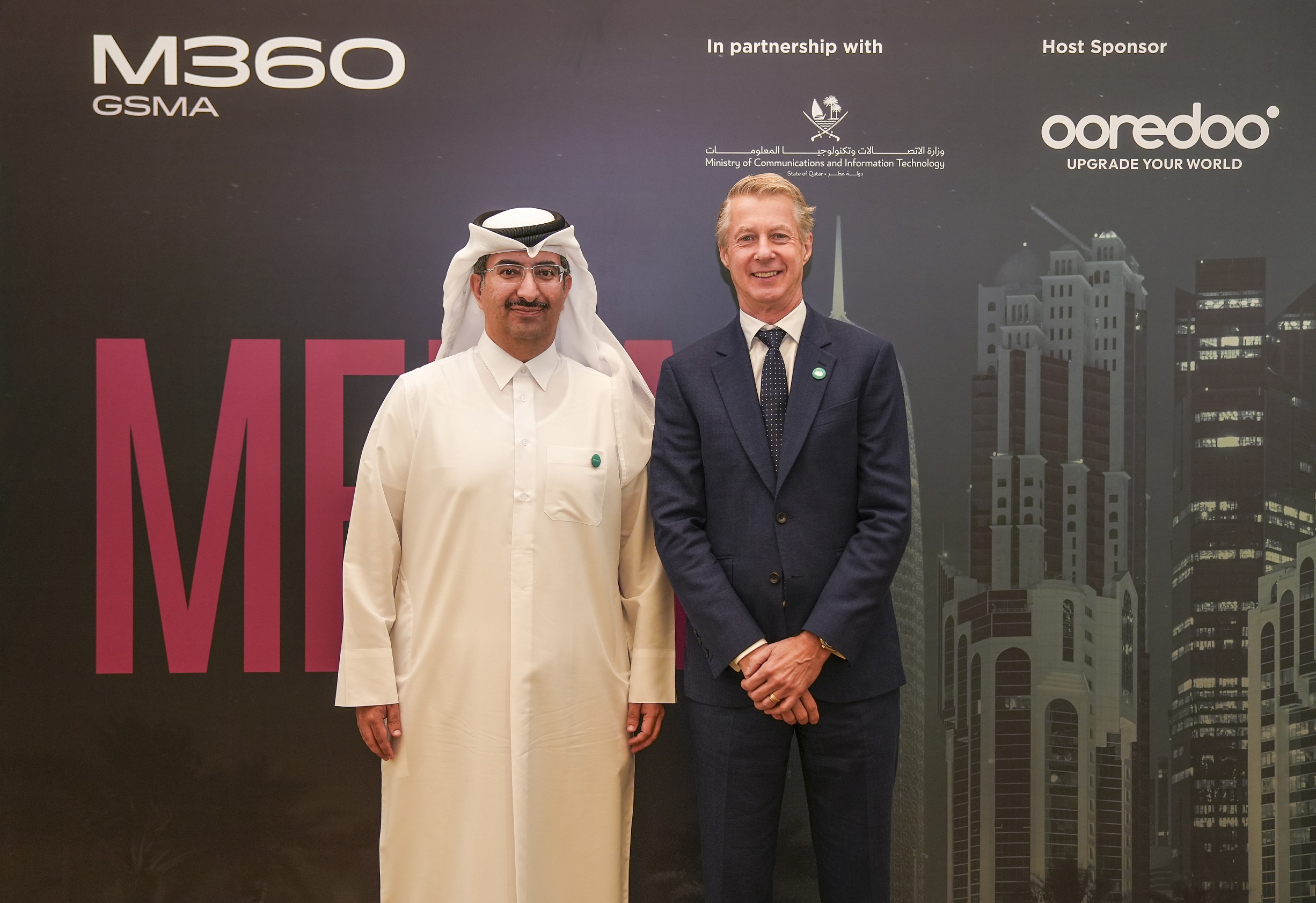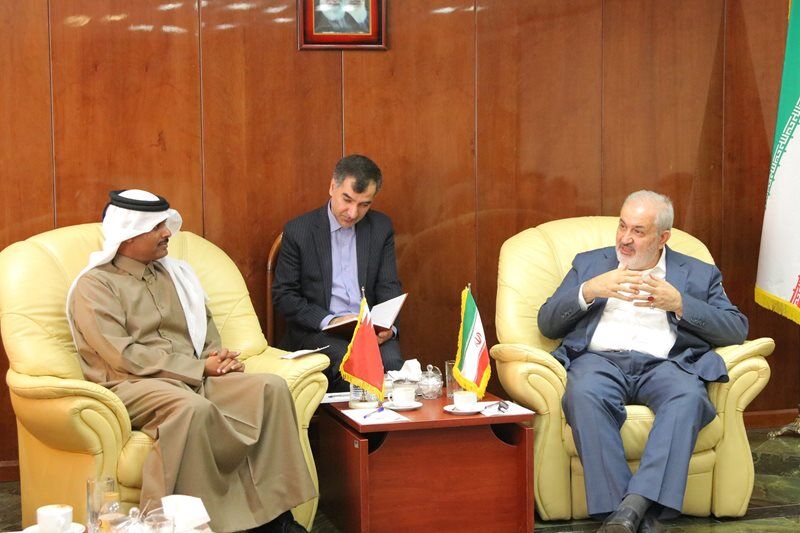
The Qatar government has said it’s willing to chip in to develop a new dinner dhow cruise line, an off-road vehicle leasing company and a luxury coach bus service as part of its bid to dramatically increase the number of visitors to the Gulf nation.
On Sunday, the Qatar Tourism Authority (QTA) and Qatar Development Bank (QDB) outlined their vision for these projects, as well as for a centralized online ticketing service, a roving handicraft market and an event management company. They then invited the private sector to propose how to turn them into a reality.
To sweeten the deal, the government is offering to fund up to 70 percent of the project’s cost, up to QR100 million (US$27.46 million). However, one official privately said that he expects the actual figures to be significantly lower.
Contractors will be forced to restrict their profit margin to 2.5 percent, and would receive additional non-financial support from the two agencies, such as promotional opportunities, advisory services and assistance in obtaining licenses.
The announcement is part of a larger plan, released last week, to increase the annual number of tourists to Qatar fivefold, from 1.2 million in 2012 to up to 7.4 million by 2030. Officials have also said they want to woo more leisure tourists and increase the number of visitors from outside the GCC.
The six projects unveiled Sunday are the first of 25 that the government plans to propose, and are considered straight-forward “quick-win” initiatives, officials said.
“This is a golden opportunity for investors to be a part of the rapid expansion of the (tourism sector) in Qatar,” QTA chair Issa Bin Mohammed Al-Mohannadi told journalists, dignitaries and potential investors in a Four Seasons Hotel ballroom early Sunday evening.
The projects
According to officials, the six projects were selected based on their commercial viability for small and medium-sized businesses, as well as to offer services that the private sector is perceived to provide in an insufficient quantity or quality.
“We were able to identify the gaps we currently have in the tourism sector and translate them into investment opportunities,” said Abdulaziz Bin Nasser Al-Khalifa, the chief executive of QDB.
The exact launch date of these services will be determined by the operators, but one official said he expects the successful companies to have a “sense of urgency” in rolling out their offerings.
Here are more details about the projects:
Luxury dhow dining cruise
- In a booklet prepared for potential investors, QTA and QDB say Qatar’s current tourist dhow services are “limited, unregulated and often not up to international standards. There is no one to provide tourists with a properly insured and quality assured water experience.”
- The new cruise service will provide a fine dining experience, will be at least two hours long and travel a minimum of 10km.
- The ideal vessel will be up to 25m in length and be capable of carrying up to 60 passengers.
- The operator is expected to embark on five trips per week – departing on a schedule, rather than once a minimum number of tickets have been sold – and operate 30 weeks a year.
Luxury coach company
- Mowasalat-owned Karwa is one of the few providers of coach buses for private use, presenting “a competitive opportunity within the market for a customer and sales-driven business,” according to QTA and QDB.
- The need for more high-end buses is driven by the growing number of sporting and other large-scale events in which participants are required to move around the country.
- “Typical” features of the new buses would include reclining seats, individual TV screens, onboard toilets, WiFi, luggage compartments and at least one or two vehicles with open space or a seating arrangement that encourages interaction among the travelers.
4×4 leasing company
- Many current operators offer short desert safaris in sand dune areas for “substantially lower than market rates” and use drivers “who are not experienced enough to conduct the activity safely,” according to QTA and QDB.
- The two agencies are looking for a company to purchase a fleet of at least 10 SUVs and outfit them with roll bars, first aid kits, radios and other safety equipment.
- These vehicles would then be leased out, likely on a short-term basis, to tour operators on the condition that they only use drivers who are certified by an independent licensing agency and have fulfilled minimum training standards.
- Tighter regulations are on the horizon for driving in Qatar’s sand dunes, and a new operator would have first-mover advantage by building a business that complies with the new standards.
Roving cottage market / bazaar
- This market would sell handicrafts, low-value jewelry, foodstuffs, musical instruments and other tourist or souvenir-type goods.
- The market would be set up at pre-determined and well-established venues such as Katara and operate mostly in the evening.
- The market will encompass slightly more than 1.2 acres and be designed for almost exclusive pedestrian use.
- There would be strict regulations on what the market can sell. For example, fast food and household goods unrelated to tourism would be banned so the market does not compete with existing retailers.
Ticketing systems and information distribution
- There is currently no one-stop shop for information on major concerts, exhibitions and sporting events that also gives residents and tourists the opportunity to purchase tickets at kiosks or online.
- Staffed and unstaffed information kiosks are to be located throughout Doha and elsewhere in the country that allow users to search for upcoming events, purchase tickets and make reservations at hotels, restaurants and other places of interest.
Professional conference organizer/ destination management company
- Such a firm would attract, organize and advertise major events, such as sports tournaments, concerts, theatrical performances and conventions.
Companies are allowed to bid on multiple initiatives and officials said they would consider signing deals with several operators on a single project.
While joint ventures between local and foreign firms are expected, priority would generally be given to Qatari companies, officials said.
Though the tourism strategy released last week said Qatar’s limits on foreign investment is one factor holding back the sector’s development, there appears to be no immediate plans to loosen those restrictions.
In response to a question from Doha News following the presentations, a legal advisor said the projects would follow existing Qatar laws. This means foreigners would continue to be restricted to a 49-percent ownership stake.
In the case of some of the projects, QTA and QDB are asking a new entrant to compete against a large, established company, such as Mowasalat in the luxury coach market. One audience member expressed concern about the ability of a startup to compete in these specific services and asked if the government would consider regulating prices to alter the playing field
While officials ruled out rate fixing, they said the financial and non-financial support being offered by QTA and QDB would help new entrants gain a foothold in the market.
Formal requests for proposals will be published this week, with bids due in May. QTA and QDB expect to sign contracts with the winning proponents by August.
The second round of tourism projects that the government is willing to subsidize will be announced in the third quarter of this year, QTA’s Al-Mohannadi told Doha News.
Do you think these business will this help attract more tourists to Qatar? Thoughts?
Note: There is not a 2.5 percent cap on the profits of contractors involved in these tourism projects. An official translation during Sunday’s event contained incorrect information. Doha News is seeking clarification from Qatar Tourism Authority and will update this story when more information is available.







